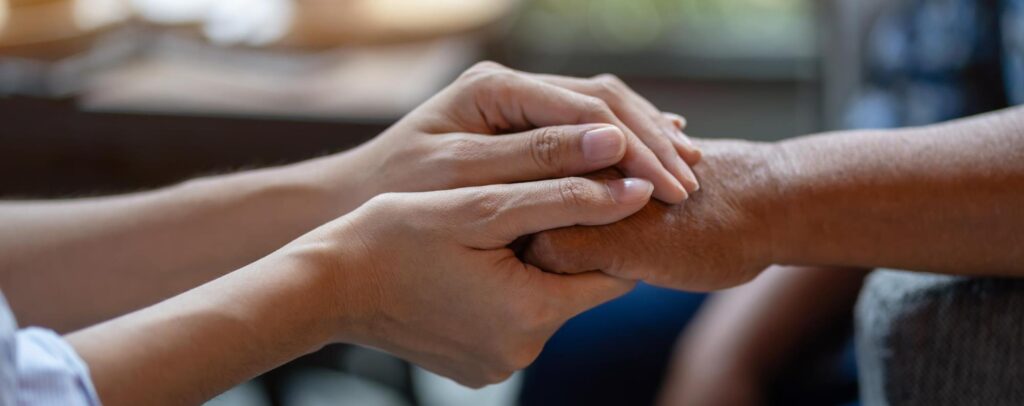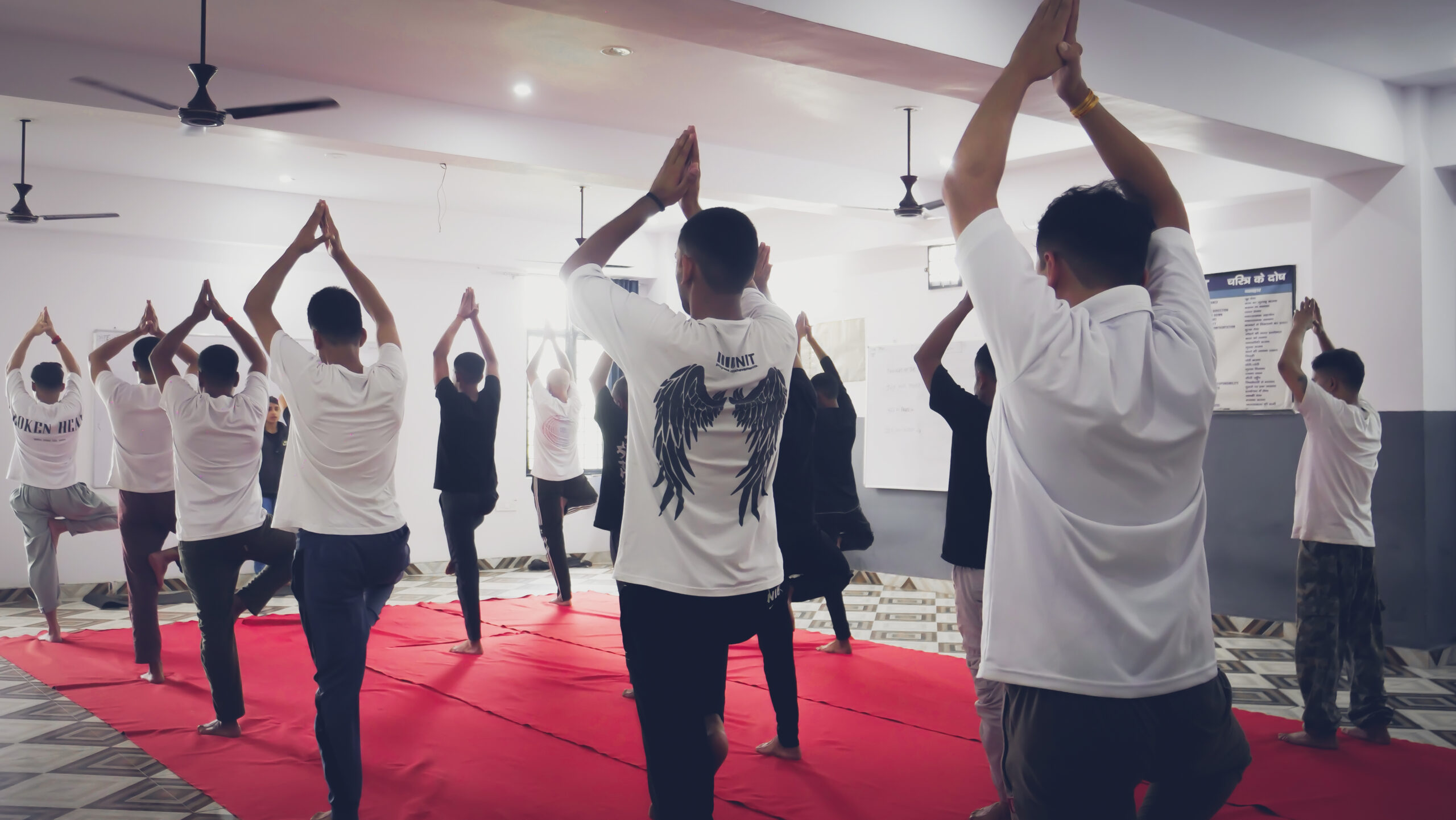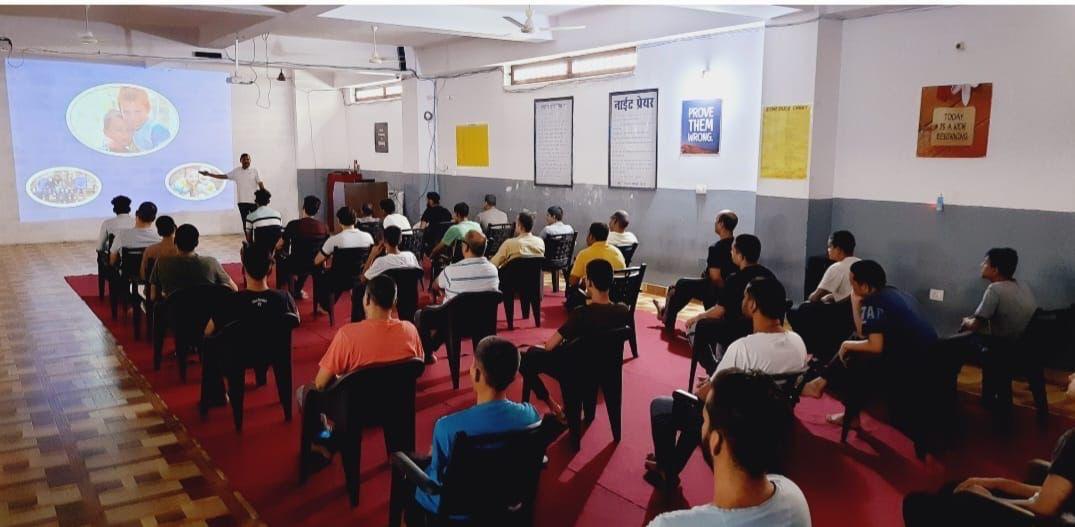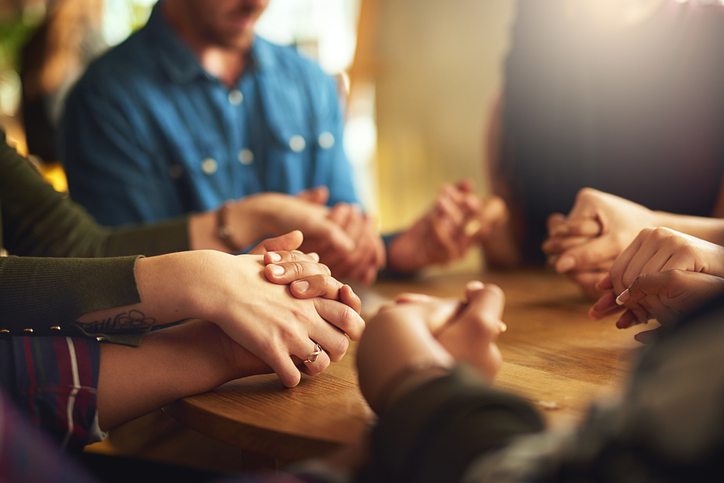Group Therapy in addiction Recovery

When it comes to healing from substance abuse, no one should walk the path alone. Group therapy in addiction recovery plays a crucial role in providing a supportive, empathetic, and structured environment where individuals battling addiction can heal together. This powerful method is widely embraced in modern rehabilitation programs, including those at leading centers like Prayasrehab, where collaboration and connection are central to recovery.
What Is Group Therapy in Addiction Recovery?
Group therapy in addiction recovery involves structured sessions where individuals share experiences, learn from one another, and engage in therapeutic exercises under the guidance of a trained therapist. Unlike individual therapy, group therapy encourages peer support, feedback, and collective growth.
Sessions may include:
-
Sharing personal challenges and victories
-
Cognitive behavioral exercises
-
Role-playing and communication skill-building
-
Emotional regulation techniques
The goal is to foster a sense of community, reduce isolation, and promote mutual accountability.

Benefits of Group Therapy in Addiction Recovery
The advantages of group therapy in addiction recovery are extensive:
-
Shared Experiences
Realizing others have similar struggles helps reduce shame and guilt, common emotions among those battling addiction. -
Peer Support
Support from peers who understand your journey enhances motivation and accountability. -
Skill Development
Participants practice coping skills, stress management, and communication strategies in a safe environment. -
Cost-Effectiveness
Group therapy is often more affordable than one-on-one sessions, making it accessible for many. -
Improved Social Skills
Group settings offer a space to rebuild social confidence, especially for those whose addiction has strained relationships.
Types of Group Therapy in Addiction Recovery
Several types of group therapy in addiction recovery are used depending on individual needs and treatment stages:
-
Psychoeducational Groups: Teach members about addiction, relapse prevention, and mental health.
-
Skills Development Groups: Focus on teaching practical coping skills for stress, triggers, and cravings.
-
Cognitive Behavioral Groups: Help change negative thinking patterns that lead to substance use.
-
Support Groups: Offer peer-led emotional support and encouragement.
-
Process-Oriented Groups: Explore emotional issues contributing to addiction through open conversation.
Group Therapy vs. Individual Therapy in Addiction Recovery
While individual therapy provides personalized attention, group therapy in addiction recovery offers unique advantages. It fosters community, which is vital for long-term recovery. In group settings, clients often feel less judged and more understood, knowing others face similar challenges. Both forms of therapy are most effective when used together in a comprehensive treatment plan.

Role of Facilitators in Group Therapy
Professional therapists or counselors lead sessions and ensure the group remains supportive, safe, and constructive. They guide discussions, mediate conflicts, and introduce exercises that support emotional growth and addiction recovery.
At Prayasrehab, trained facilitators are experienced in trauma-informed care, ensuring all members are treated with empathy and respect.
Common Challenges and How They’re Addressed
Group therapy in addiction recovery isn’t without challenges. Some individuals may feel shy, triggered, or reluctant to share. However, over time and with proper facilitation, even the most reserved participants often open up and benefit deeply from the group dynamic.
Strategies to overcome challenges include:
-
Encouraging confidentiality and trust
-
Establishing clear group rules
-
Providing opt-in activities for comfort
-
Offering smaller group options when needed
Long-Term Impact of Group Therapy in Addiction Recovery
Engaging in group therapy in addiction recovery not only helps in the early stages but also contributes to sustained sobriety. The relationships formed often extend beyond rehab, forming a long-lasting support network. These connections can be vital during moments of weakness or stress.
At Prayasrehab, group therapy is integrated into both short-term and long-term recovery plans to build resilience, self-awareness, and lifelong peer support.

Conclusion
Group therapy in addiction recovery is more than just a treatment method—it’s a journey of healing together. By fostering connection, building empathy, and empowering individuals with essential coping skills, group therapy offers a powerful route toward lasting sobriety. At Prayasrehab, the best rehab centre in Dehradun for compassionate care, group therapy is a cornerstone of our holistic approach to recovery. If you or someone you know is seeking support, don’t underestimate the power of community in the healing process.